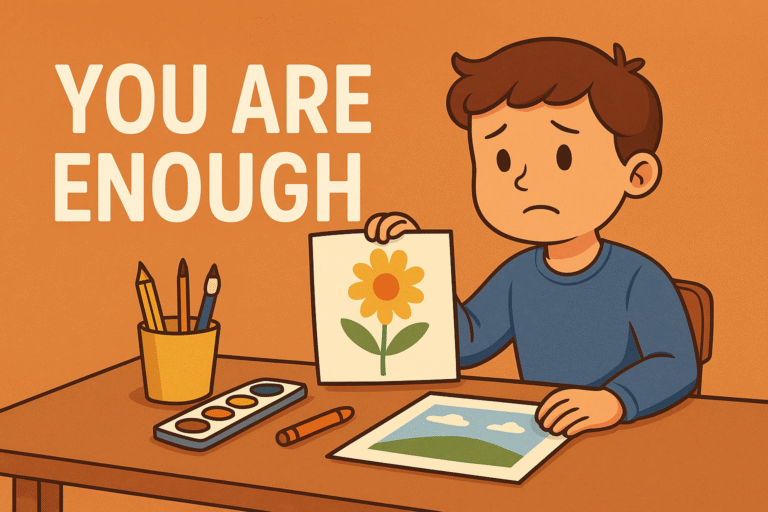The Sultan, the Vizier, and the Dogs
Hello, my friend! Thank you for choosing the Read and Reflect.
Introduction
Leadership and trust have been tested throughout history, and few stories illustrate this better than the tale of the Sultan and his Vizier. When suspicion arises in the royal court, a ruler’s wisdom and a minister’s loyalty face a critical trial. In this post, you’ll read the full parable, uncover 5 practical lessons for modern life, complete a mini worksheet to build your own wisdom, find answers in our FAQs, and end with a thought to guide your next decision.
The Parable: The Sultan’s Dilemma
In the golden city of Zahara, the wise Sultan Amr sought counsel from his trusted Vizier, Harun. One evening, the Sultan received word that a neighboring king questioned Zahara’s strength and might be plotting an attack. Fear and rumors spread among the courtiers.
Seeking clarity, Sultan Amr called Vizier Harun to the throne room. His eyes heavy with concern, the Sultan asked, “Tell me truly, is our kingdom prepared for war? I must know if a threat looms beyond these walls.”
Harun bowed and spoke gently: “Great Sultan, our armies are trained and our walls strong. Yet even the mightiest fortress can fall if its people lose trust in their leader.”
The Sultan’s brow furrowed. “How then can I prove our strength and ease these fears?”
Harun proposed a test. “Tomorrow at dawn, ride into the desert with an empty cask of oil. At the edge of our borders, fill it from the desert sands. If you return with oil, our neighbors will fear Zahara’s magic and our people regain faith. If not, they will understand that trust and preparation must be renewed together.”
Intrigued, the Sultan agreed. At sunrise, he and Harun journeyed into the dunes. They poured the cask of oil into the hot sand—only to find it absorbed instantly, leaving the cask dry.
Returning to the palace, the Sultan confronted the Vizier in front of his court: “You misled me, Harun! The cask is empty!”
Harun bowed deeply. “My Sultan, this is our lesson: like oil in sand, trust seeps away when untested and unreplenished. A leader’s promise must be matched by the people’s readiness—only then does strength endure.”
Silence filled the hall as the Sultan reflected. He then spoke with new resolve: “From this day, I will strengthen our defenses and strengthen our trust—by honoring my word and preparing our people. Only then will Zahara stand unshakable.”
The court cheered, and thus the Sultan and Vizier united in rebuilding both walls and faith.
5 Lessons in Leadership and Trust
1. Test Your Foundations
Insight: Strength unseen can be mistaken for weakness.
Action: Conduct regular audits—of your skills, resources, and relationships—to ensure readiness before a crisis.
2. Align Words with Actions
Insight: Promises without follow‑through erode trust.
Action: Make realistic commitments and track progress. Use simple checklists to honor each pledge you make.
3. Communicate Transparently
Insight: Clarity prevents rumors and fear.
Action: Share updates openly. Schedule weekly team or family check‑ins to address concerns and celebrate successes.
4. Involve Stakeholders Early
Insight: A united front is stronger than a solitary leader.
Action: Invite input on major decisions. Host brainstorming sessions or surveys to gather diverse perspectives.
5. Turn Failures into Lessons
Insight: An empty cask is not shame—it is a teacher.
Action: After any setback, document what went wrong and why. Share the lessons learned to prevent repeat mistakes.
Mini Worksheet
Situation to Test (e.g., project, relationship):
Current Strengths & Gaps:
- Strengths:
- Gaps:
Commitment I’ll Make:
Stakeholders to Involve:
Lesson from Past Failure:
Next Check‑In Date:
Use this worksheet to reinforce trust and preparedness in any area of life.
FAQs
Q: What if testing reveals a big gap?
A: Embrace it. Gaps guide your priorities—address the largest ones first with clear action plans.
Q: How often should I audit trust and readiness?
A: Quarterly reviews work well for most teams; monthly check‑ins can benefit fast‑moving projects.
Q: Can this apply to personal relationships?
A: Absolutely. Honest conversations about expectations and support needs strengthen any bond.
Q: What if people resist transparency?
A: Start small—share data or decisions in simple summaries. Over time, consistent openness builds culture.
Explore More Lessons
- How Zhuge Liang Outsmarted a Thousand Soldiers with Nothing but His Reputation
- Unlocking the Power of Your Subconscious Mind for Success
- Dopamine: The Tricks Dopamine Plays on You
Final Thought
The Sultan and the Vizier remind us that true strength combines preparedness with trust. By regularly testing foundations, aligning actions with words, and including others in the process, you create resilience that weathers any storm. Begin today: choose one area to audit, involve your team or loved ones, and honor what you commit to. In doing so, you will forge unbreakable trust and enduring success.
Which lesson will you apply first? Share below to inspire collective growth!
Click to get The 48 Laws of Power
Discover more from ReadAndReflect
Subscribe to get the latest posts sent to your email.








